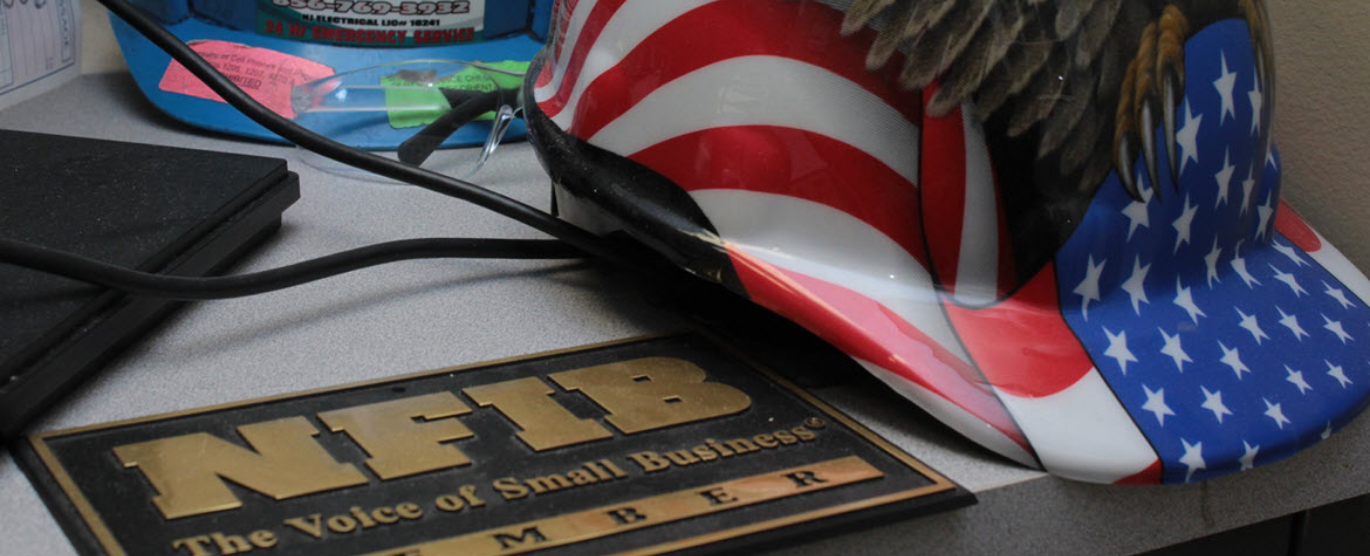As spring arrives, for many homeowners, it’s time to take stock of the house and yard and start putting some time into spring cleaning projects.
And while there’s plenty or raking and washing to do, may we at Eric Krise Electrical Contractors be so bold as to suggest another area of your home to give a good spring once over—namely your home electrical system.
Just like any other part of your home that needs a little tender loving care after a long winter, your electrical system will benefit from checking for simple maintenance and safety issues. After all, when it comes to electricity, the stakes are high and some simple preventative maintenance can save you serious problems such as electrical shock and fire hazards.
So here’s some ideas for a spring electrical safety list to help you keep your power system as spring fresh as the rest of your home.
Kitchen
After a long winter of use, your oven and stove probably need a deep cleaning. But don’t forget to also clean the exhaust hood and the duct over the oven regularly to allow for proper ventilation.
Make sure all appliances are located away from the sink and make sure all countertop appliances are plugged into a ground fault circuit interrupter (GFCI) outlet. If your home doesn’t have GFCI outlets installed near water sources—such as in the bathroom and kitchen—you should call us for an upgrade.
Check to make sure that all major appliances are working properly. If you receive an electric shock, this could indicate a major problem with the appliance’s wiring. Turn the power off and contact an electrician immediately.
Basement
Spring is a good time to check when you last had your electrical panel inspected. If the next inspection date has passed, contact us to schedule an appointment.
Check your washing machine and dryer for signs of excessive vibration. This can put stress on the electrical connections.
Keep the area around the dryer free of clutter, dirt and debris. And regularly clean the appliance’s lint filter. Failing to clean the filter can lead to a fire hazard.
House
We’ve all been making the switch to longer lasting LED and CFL bulbs. But since we’re not changing bulbs frequently, that means they can get covered in dust and give out dimmer light. Yes, dusting the lightbulbs is now a household chore.
It won’t be long until you begin using your air conditioner. Now is the time to replace the unit’s air filter. (You should also regularly check and replace the filter during the summer months when it’s in use). Spring is also a good time to have the entire unit serviced and your home’s HVAC system inspected.
Pull your refrigerator away from the wall once a year and vacuum behind it. Dust built-up under and behind the unit can decrease its efficiency.
Change the direction of your ceiling fans. There’s a reason ceiling fans spin in both directions. In warmer weather, adjust your ceiling fan so that it pushes air down. This ensures that the cool air coming out of your air conditioner stays where you can feel it, which eases the burden on the air conditioner.
Spring means the thunderstorms of warmer weather are on the way. Now is a good time to check that you’re prepared for power outages and surges. Check to make sure your home emergency kit is up-to-date.
You may also want to consider installing whole house surge protection or even and emergency generator. We can help you make the best decision for your home.
If you already have an electric generator, your generator should be serviced at least once a year, but twice a year is recommended. It’s best to make these service appointments in spring and fall before severe weather sets in. Also, remember to check the unit’s oil and fuel levels as well as its battery.
Yard
Check to make sure outlet covers got through the winter unscathed. Spring rains are coming, and you should replace broken or lose covers.
Check your outdoor lighting fixtures and bulbs.
If you plan to do any gardening in new spots, make sure you check with your utility companies to mark power and water lines in your yard.
Before every use, inspect power tools and electric lawn mowers for frayed power cords, broken plugs, and weathered or damaged housings. Don’t use damaged equipment until it has been repaired properly. Keep tools unplugged and stored in dry areas when they are not in use.
Before you trim tree limbs and shrubs, watch out for power lines that could be hidden by foliage. Contact the utility if there are concerns about tree limbs growing into or around overhead power lines on your property.
Do you have a spring electrical project idea? We can help, call us at 856.769.3932.




